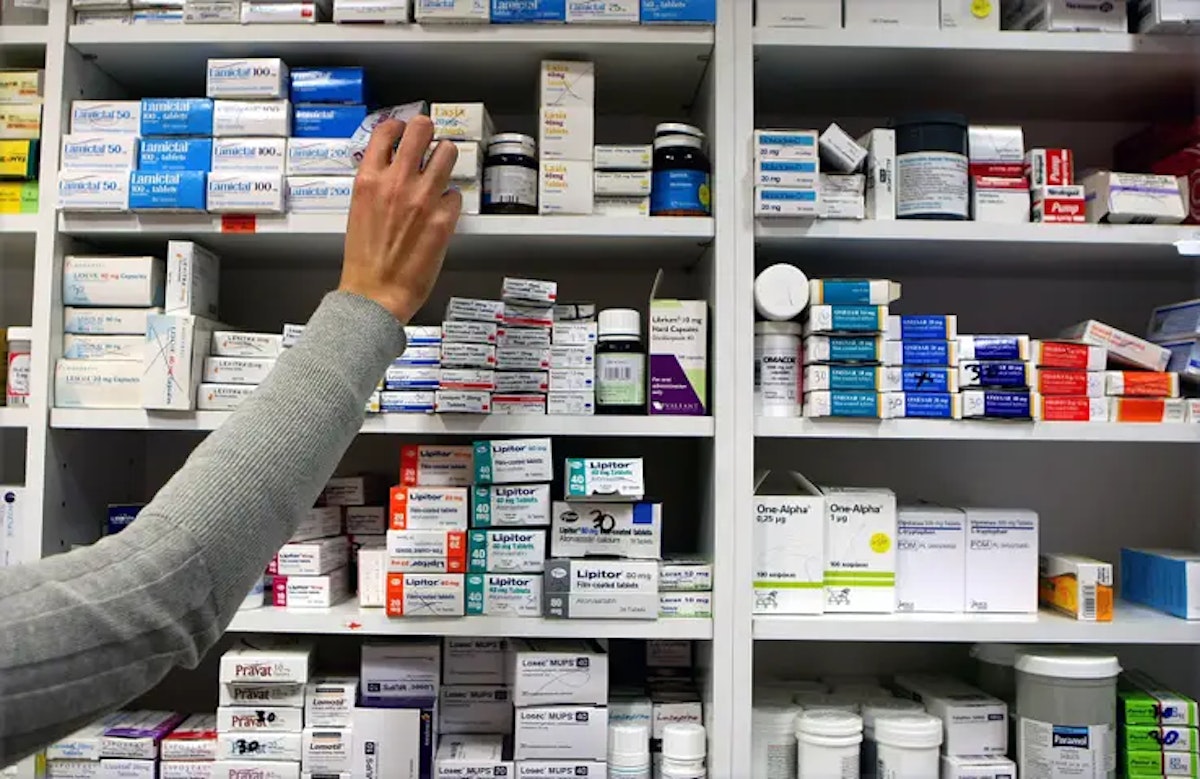The most recent NHS Business Services Authority data shows 5,886 patients in NHS Suffolk and North East Essex Integrated Care Board had a prescription for central nervous system stimulants and drugs used for ADHD in the year to March.
Why it matters: The increase reflects more people receiving support for ADHD, but long wait times for diagnosis and treatment remain a concern.
The big picture:
The number of patients prescribed ADHD medication in the area has risen from 2,015 in 2015-16 to 5,886 in 2022-23.
This mirrors a national trend, with 278,000 patients prescribed ADHD medication across England last year – up 19% from the previous year.
Every area in England saw a record number of patients prescribed ADHD medication in 2022-23.

What they're saying: Henry Shelford, chief executive of ADHD UK, said the increase in prescriptions should be "celebrated" as it represents more individuals receiving support.
"We should applaud these figures as representing so many individuals who now have had an ADHD Assessment, have the knowledge that they have ADHD, can use that to turn their lives around, and, in these numbers, now have the support of medication," Shelford said.
Yes, but: Shelford also highlighted concerns about long wait times for NHS diagnosis and medication, stating that some patients wait over 10 years for treatment.
"Living with ADHD is hard," Shelford added. "Individuals with ADHD are at a five times higher risk of suicide."
Zooming out:
An estimated 174,000 male patients and 103,000 female patients were prescribed ADHD medication in England.
About 63,400 patients in the most deprived areas of England were prescribed ADHD medication, 15% more than in the least deprived areas.
What's next: The Department of Health and Social Care acknowledged issues with ADHD and autism services for children, stating: "This government will work to fix this, so that no child who needs help misses out."
The bottom line: While the increase in ADHD medication prescriptions indicates more people are receiving support, concerns remain about long wait times and access to diagnosis and treatment.







